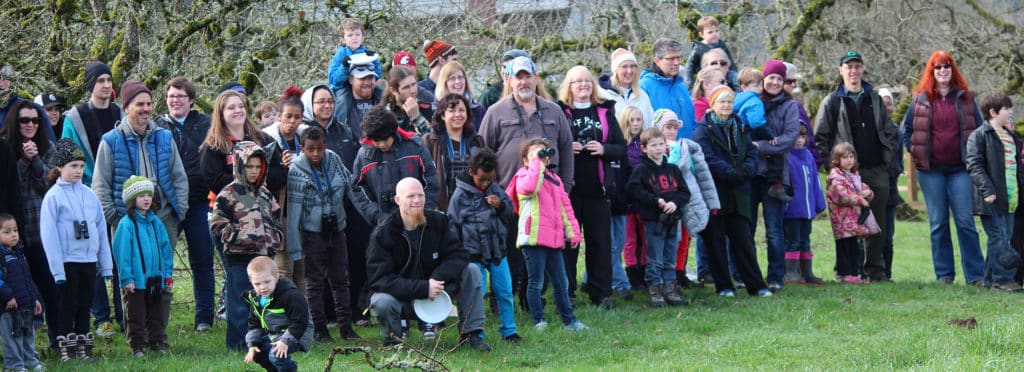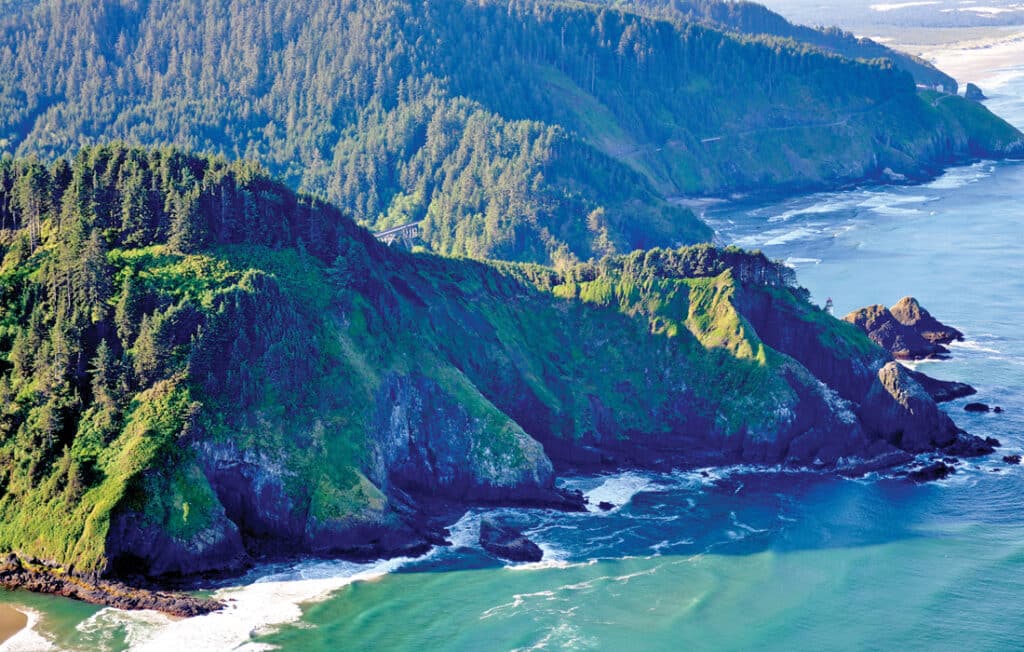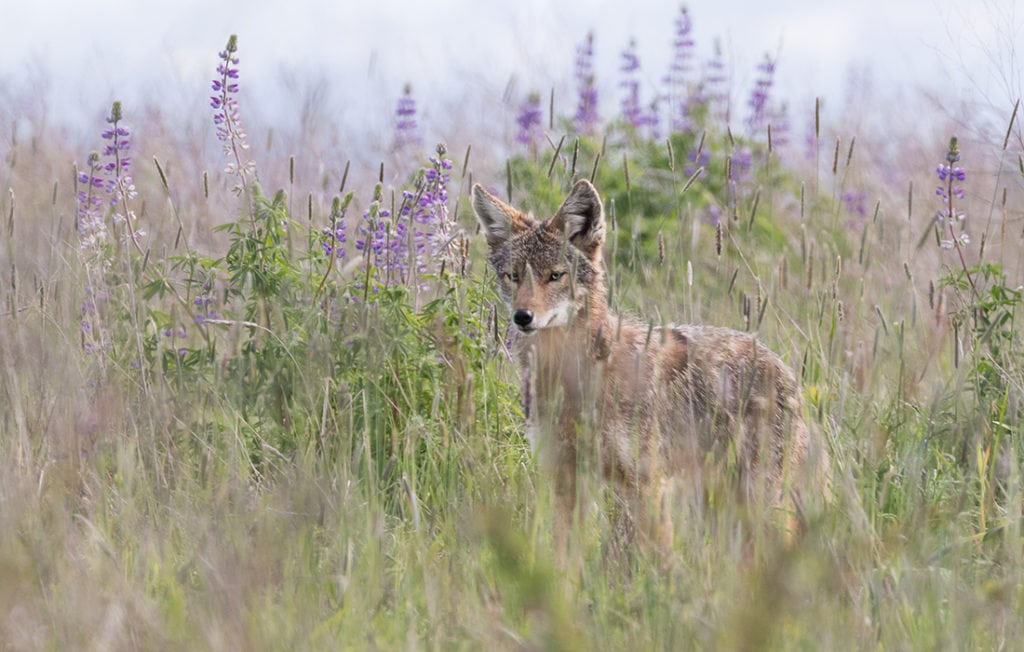Kahler grew up in western Minnesota hunting ducks and dreaming of being a waterfowl biologist. He would go on to have an outstanding career with the U.S. Fish and Wildlife Service—pioneering waterfowl research and survey techniques, helping lead internal efforts to ban the use of toxic lead shot in waterfowl hunting, and eventually rising to serve as the Service’s Western Regional Director, housed in Portland in 1973, at the age of 38. He was an unflinching advocate for wildlife at an agency that is often caught in political maelstroms.
A 1975 transcript from Kahler’s testimony in front of the U.S. House of Representatives Committee on Government Operations over his lone opposition to a proposed U.S. Army Corps of Engineers project in the San Francisco Bay Estuary reveals what a fierce advocate for fish and wildlife he was. Facing relentless grilling by the committee, Kahler explained to the elected officials that “being under oath, I can’t say that I am happy to be testifying, but I am happy if it is a chance to make a few points about San Francisco Bay.” He went on to explain that his job was not to compromise but to represent the interests of fish and wildlife. Asked to explain why he would break from more conciliatory past agency positions, he explained, “Mr. Chairman, I think it is a change in environmental awareness. We are working for a different constituency now than 15 years ago even. And it is kind of like our predecessor didn’t get the time of day on this sort of thing. But the world is changing.” Pressed further, he explained, “I don’t know, maybe we are just more on the eco-freak side of things.” Kahler would eventually leave his prestigious position over philosophical differences with the Reagan Administration.

One of Kahler’s first assignments at Bird Alliance of Oregon was the thankless task of mentoring me on my first forays into conservation advocacy more than 25 years ago, opposing a proposal to expand opportunities for urban duck hunting. At the time he never bothered to mention that he was one of the foremost experts on waterfowl management in the United States. He let me steer and quietly nudged me when he thought I was getting off track. For years I kept an email he sent me after I wrote a particularly poorly conceived multi-page strategy plan. “Breathe and count to five,” he wrote. I did as he asked and then wrote an even longer explanation of why I was right. “Count to ten,” came the reply. Twenty-five years later he would still send me emails like that every once in a while.
I always kept one eye on Kahler at conservation meetings because although he was a man of few words, he would often have the final word, and often those words were a barely audible growl: “Sue the bastards.” He never lost his passion for field biology—he tolerated the policy discussions, but he visibly lit up when our staff scientist, Joe Liebezeit, gave updates on our community science programs. He never fell off the cutting edge—it was Kahler who first demanded that Bird Alliance of Oregon prioritize climate change. Well into his 80s he never lost his fierce commitment to conservation. On one of his final projects, Kahler traveled with us to visit the Cormorant Colony on East Sand Island that was threatened by management actions approved by the agency he once worked for. His anger was palpable. As we approached the colony, we were informed that the final couple of hundred feet required crawling on your hands and knees through sandy tunnels. I asked him if he felt comfortable making the trip—he growled at me, dropped to his knees, and took off like a jackrabbit.
We will miss Kahler’s wisdom, his leadership, his friendship, and his unequivocal commitment to protecting wildlife and wild places. Our deepest condolences go out to Kahler’s partner, Linda Craig, and his entire family.
Kahler’s family has requested that memorial donations go to Bird Alliance of Oregon and EarthJustice. In honor of Kahler we have created a Kahler Martinson Litigation Fund to support future environmental litigation.



